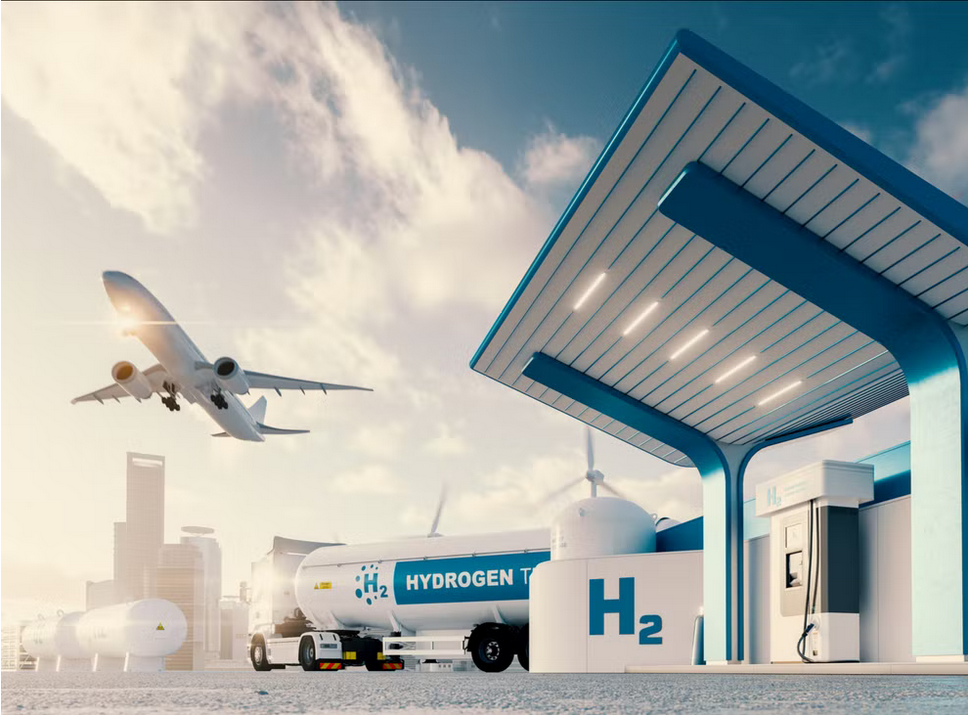Many individuals believe hydrogen (H2) will give a solution to reduce carbon emissions. However, it is not an energy source. It is a battery in the form of gaseous fuel.
Because the majority of H2 marketed today is a byproduct of the natural gas sector, the fossil-fuel business is glad to promote the hydrogen hoax. Only a minimal quantity of gaseous hydrogen exists in nature.
To produce and store carbon-free hydrogen, we would first need to generate electricity to fuel an inefficient chemical process known as electrolysis. The H2 gas would then have to be captured and compressed, which would need 10-15% more energy.
The gas would then have to be decompressed and either burnt or sent through a fuel cell. We lose more energy at every step of this process.
As a battery, H2 is relatively standard; for the one unit of power you put in at the start, you’ll probably get less than half of it back. This is referred to as “round-trip efficiency.”
To operate the globe on hydrogen, we’d have to create twice as much power as we do now, which would be a massive problem. Remember that chemical batteries generally have a round-trip efficiency of around 95%.
In principle, hydrogen has three times the energy per kilogram as gasoline (123 MJ/kg vs. 44). However, it must be compressed and stored in a tank composed of unique materials. If you include the tank in your calculations, hydrogen ends up being about a quarter of the energy density of gasoline and only a little more energy dense than batteries.
At the current rate of technical growth, we believe hydrogen will remain a niche player. We can debate the size of the niche. Hydrogen, for example, may be used as a high-temperature gas in industrial operations such as steelmaking and can alleviate some transportation issues.
However, it would be foolish to stake our future on this, because our timeline for climate-change solutions is too short. It would take decades to build and scale up any ambitious technology like this. Unfortunately we don’t have decades…
This article was originally published on The MIT Press Reader by Saul Griffith founder of Rewiring America; edited by Clean-Future Team
